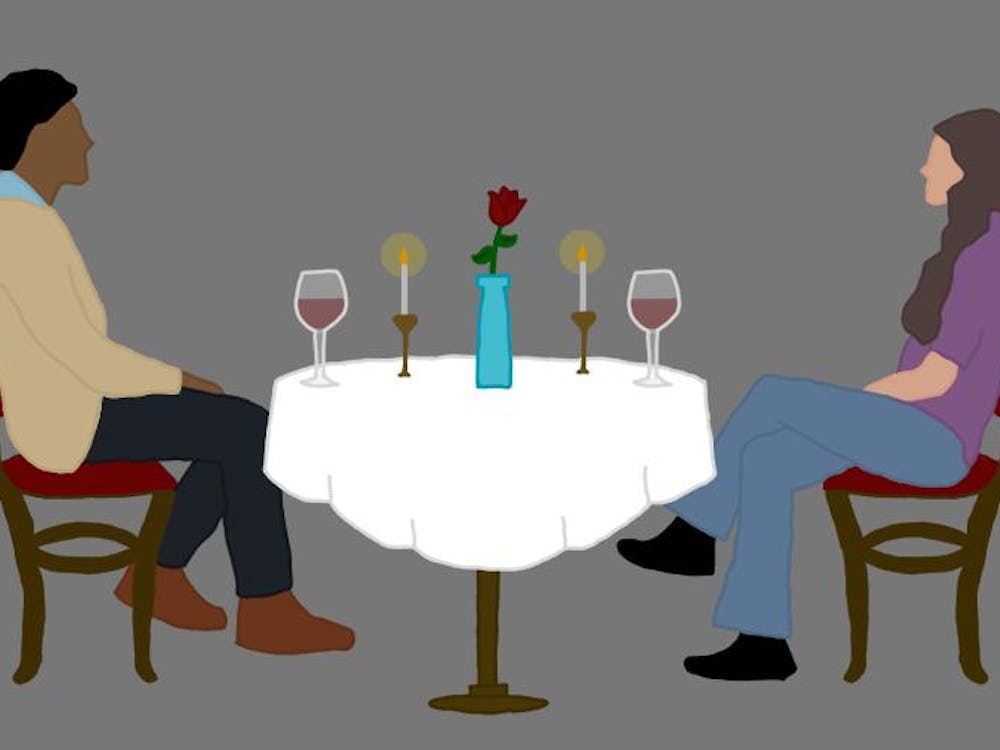Who is your greatest influence or inspiration?\nMy grandfather is my greatest influence but he isn't the only one. He taught me discretion and how to work behind closed doors. He taught me how to foster and to appreciate the power of high impact without noise. My grandmother taught me the importance of claiming myself. My mother taught me that "when a job is 'large,' you do it all." My father taught me that in the face of crisis, you must do your best work. Academically, a teacher of English literature, Roger Moore, a native of New Zealand, was one of my greatest influences. One of my most empowering moments was when I had written a paper on the poetry of T.S. Eliot. He read it and said that my paper on "The Waste Land" was better than his lecture that he was about to give, and so I should teach the class the next day. It was very empowering to a 16-year-old to hear this. There were other teachers in the classics who were equally influential in teaching Latin, French, Greek and ancient history. It's the aggregate of their impact that I will always remember. There is a team behind me.\n\nWhat is the most beneficial aspect of teaching?\nAt this point in my life, I reap the highest rewards from unexpected places. Recently, a parent came to me and said that she wanted to introduce her daughter to me. She asked me to do for her daughter what I had done for her some 25 years ago. Another student, who just got accepted into medical school called me only yesterday from the Dominican Republic. She apologized that she couldn't come to see me in person and told me that she was doing field work before beginning medical school in the fall term. She was accepted into six medical schools, including the University of Pennsylvania, University of Virginia, Vanderbilt University and Jefferson Medical College. She received a full scholarship to Vanderbilt and plans to go there. She happens to be the daughter of the woman I recruited into medical school and a residency program in pathology. I recruited her father into internal medicine and a dermatology residency here, as well. As I sit here, anything can happen; anything from a student knocking at my door and telling me that she has been accepted into 10 law schools, and eventually choosing to go to Columbia University School of Law, to another student walking me to tell me about his arrest by the police after a party. The benefits from teaching and mentoring are huge. Every contact is potentially meaningful. No contact is small in value.
What is the greatest lesson that you have learned from your students?\nI have learned that I can also learn from them. When I teach in a more deliberate fashion, I have learned that it is more important for me to teach a method for thinking through an idea, a method for solving problems, than to give sheer content because, in this day and time, the content of knowledge is changing at a fast pace. Because of advances in technology and speed of information, methods must be privileged. Content changes more quickly then method. You have to know how to get from point A to B, B to C and so on.\n\nWhat are your goals for your students?\nI have a GAMMA strategy, as it were. "G" stands for maintaining and expanding our graduation rate. "A" stands for academic achievement. Again I want to maintain and expand the academic achievement of our students so that when they enter the work place after graduation, they are poised to represent themselves and us well. "M" is for matriculation into commerce, public policy, programs in the Curry school, and other pre-graduation or combined professional programs at the University. The second "M" stands for matriculation into post-graduation professional schools, such as law, management, medicine and graduate programs. "A" stands for attrition. I want the deans and staff at the OAAA to collaborate within the Office and with others within the Division of Student Affairs, as well as with association deans to provide the best climate, foster cultural programming and mentoring in order to enable students to arrive at their goals.\n\nWhy did you decide to pursue your particular field of interest?\nI was trained in London by Anna Freud, the daughter of Sigmund Freud. When I finished my education in 1979, I planned to go into private practice to work for an agency or in a hospital. I wanted to be purely clinician. I went to Portugal where I presented a paper on teen pregnancy. Someone in the audience was from the National Institutes of Health. She liked my paper and offered me a job if and when I returned to the United States. I planned to finish my training and work in London. Two things brought me back to the U.S. My late wife was one. She asked me to please take her back anywhere within the frontiers of the United States. Also, it offered an opportunity to consider a research career at the [National Institutes of Health]. After one year at the NIH, my grant ran out. I came to U.Va. to teach halftime and to work at NIH halftime as a consultant. A year later, both places offered me a full-time position. I chose to work at the University.\n\nWhat do you consider your greatest achievement?\nMy greatest achievement is my capacity to study broadly and deeply so that I can deal with any of the number of contingencies that cross my path. My career revolves around three pivots. The first pivot is my clinical side. I am a psychoanalyst for children, adolescents and adults. I do ethno-national conflict resolution, as well. My second pivot is my management side. I am interested in social change and organizational behavior. The third pivot is continental philosophy where I generate new ideas to feed my clinical work and social change management.
What is something about you than many people do not know?\nI have lived and worked in three continents. It gives me an international outlook. The world has shrunk so much that global and domestic issues are interacting all the time. That means that diversity means different things for me. There is diversity of thought, ethnicity, gender and so on, and it is implicated in the making of social policy.
What is your advice to your students?\nIt depends on what I find when I assess their needs. Listening is a very important aspect of engaging students. I take heart from my very first lecture on the language of French as a 12-year-old in high school. A teacher taught that the accent aigu in the French word, "






